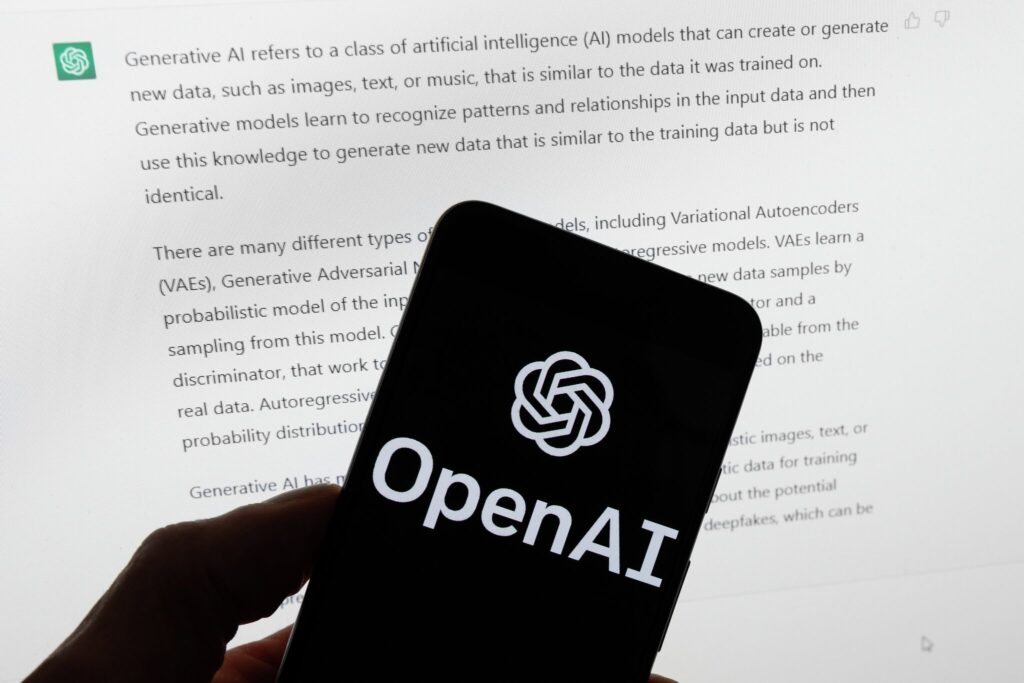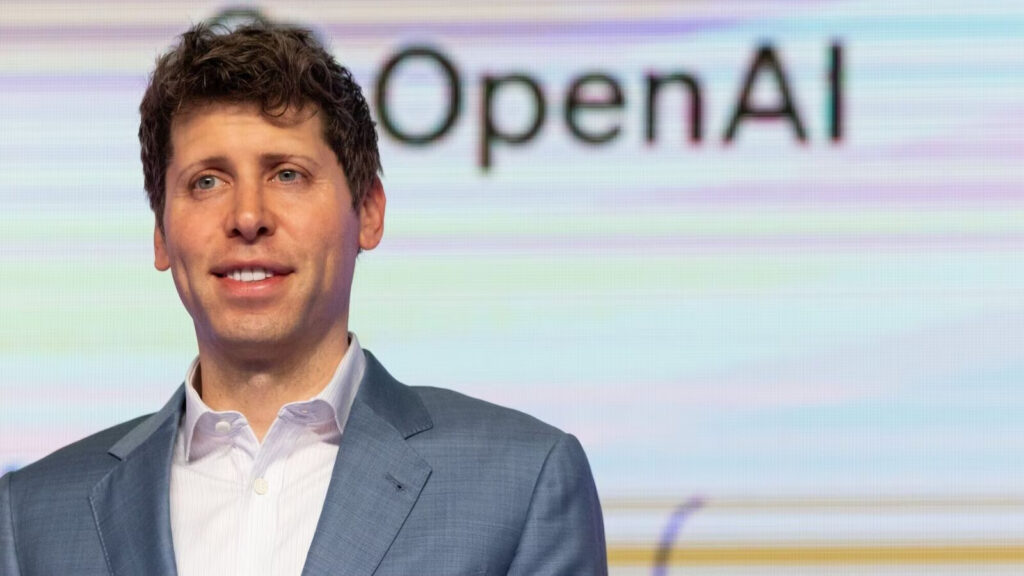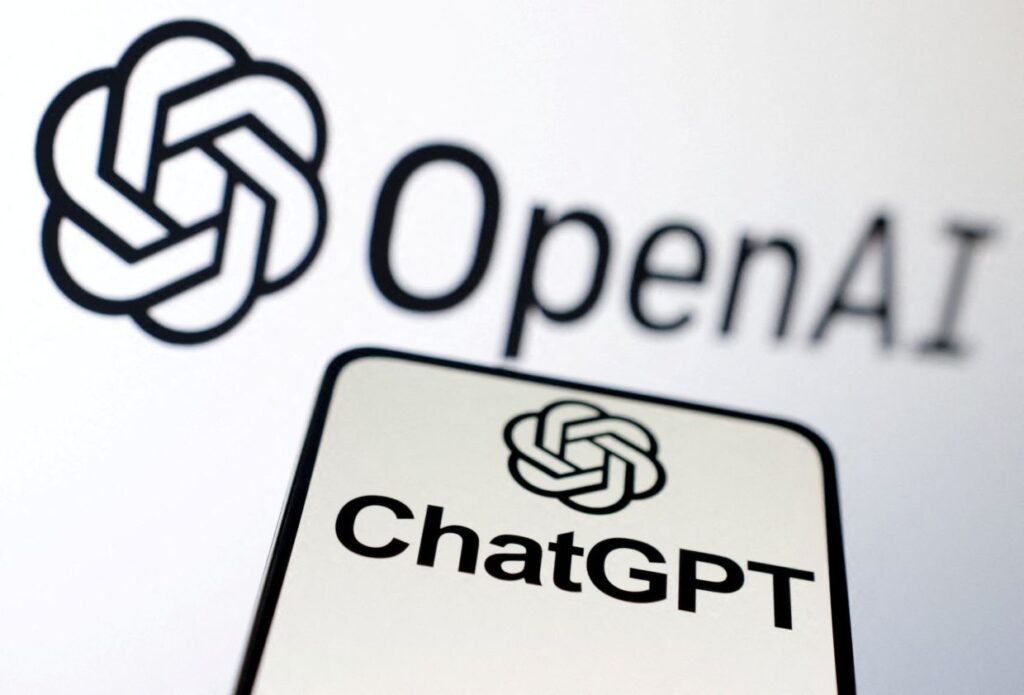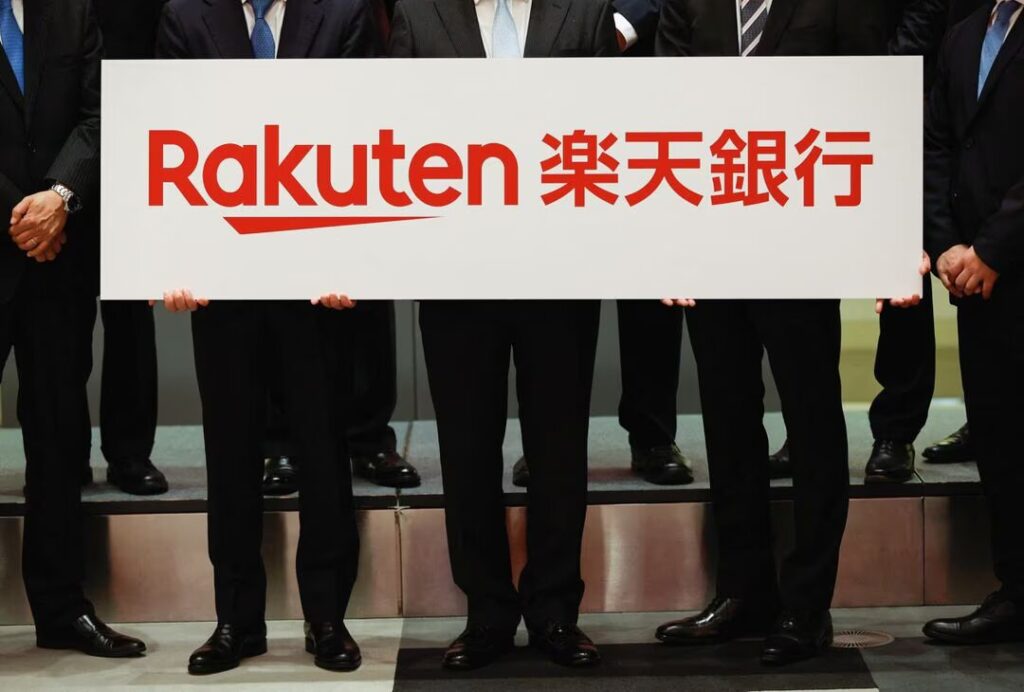Adobe Will Charge Less Than OpenAI for Image Generation Tool
In a bold move to capture the rapidly growing market of AI-powered image generation, Adobe Inc. has unveiled its latest offering, Firefly, which comes at a price that undercuts OpenAI’s Dall-E.
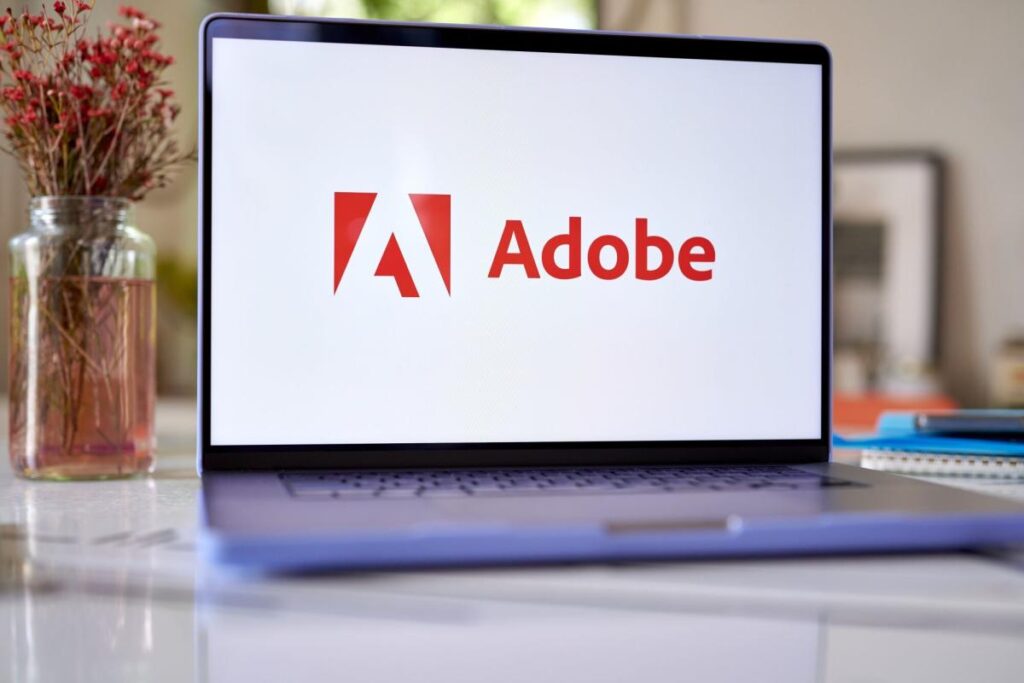
This development is poised to reshape the landscape of creative AI tools and make them more accessible to a broader user base. Adobe, renowned for its suite of creative software including Photoshop and Illustrator, has introduced Firefly as an integrated generative artificial intelligence imaging tool. This innovative tool will be available within Adobe’s creative software, as well as on a standalone website, offering users a seamless experience.
One of the most compelling aspects of Adobe’s Firefly is its pricing strategy. Subscribers to Adobe’s creative software packages will enjoy a set number of image generations as part of their existing plans, with the highest-tier subscription offering an impressive 3,000 image generations per month. This inclusion of AI-powered image generation within existing packages is expected to attract professionals and enthusiasts alike.
What sets Adobe’s Firefly apart is its pricing model for additional image generations. Users who wish to produce more images beyond their subscription allocation will be charged approximately 5 cents per creation. This pricing is notably lower than OpenAI’s Dall-E, which has been a popular choice for AI-generated images but charges around 13 cents per credit on the web. While Adobe’s pricing may not be the absolute cheapest, it strikes a balance between affordability and quality.
Adobe’s move into the AI-driven creative space is strategic. By integrating AI into its widely-used products, the company aims to gain a competitive edge over startups and other software providers. Firefly is designed to enhance the creative process for artists, designers, and content creators, enabling them to generate stunning visuals with ease.
Furthermore, Adobe is emphasizing the “commercially safe” nature of Firefly. This means that the company will support its customers in legal matters, particularly if they encounter copyright claims related to images generated using the tool. This commitment to customer protection is expected to reassure businesses and individuals concerned about potential legal issues when using AI-generated content.
Also Read: Drone Startup Shield AI Valued at $2.5 Billion in New Funding Round
In a bid to make Firefly accessible to a wider audience, Adobe is offering a free tier that allows users to produce up to 25 images per month. This move aligns with Adobe’s strategy of democratizing creative tools and providing opportunities for users to explore the capabilities of AI-generated content.
As Adobe steps into the AI image generation arena with Firefly, it is not only challenging competitors like OpenAI but also reshaping the creative landscape. With its cost-effective pricing, seamless integration, and commitment to customer support, Adobe is poised to make AI-powered creativity more accessible and user-friendly for professionals and enthusiasts alike. Firefly represents a significant leap forward in the world of AI-driven content creation, promising a brighter future for digital artists and designers.

I am a law graduate from NLU Lucknow. I have a flair for creative writing and hence in my free time work as a freelance content writer.
